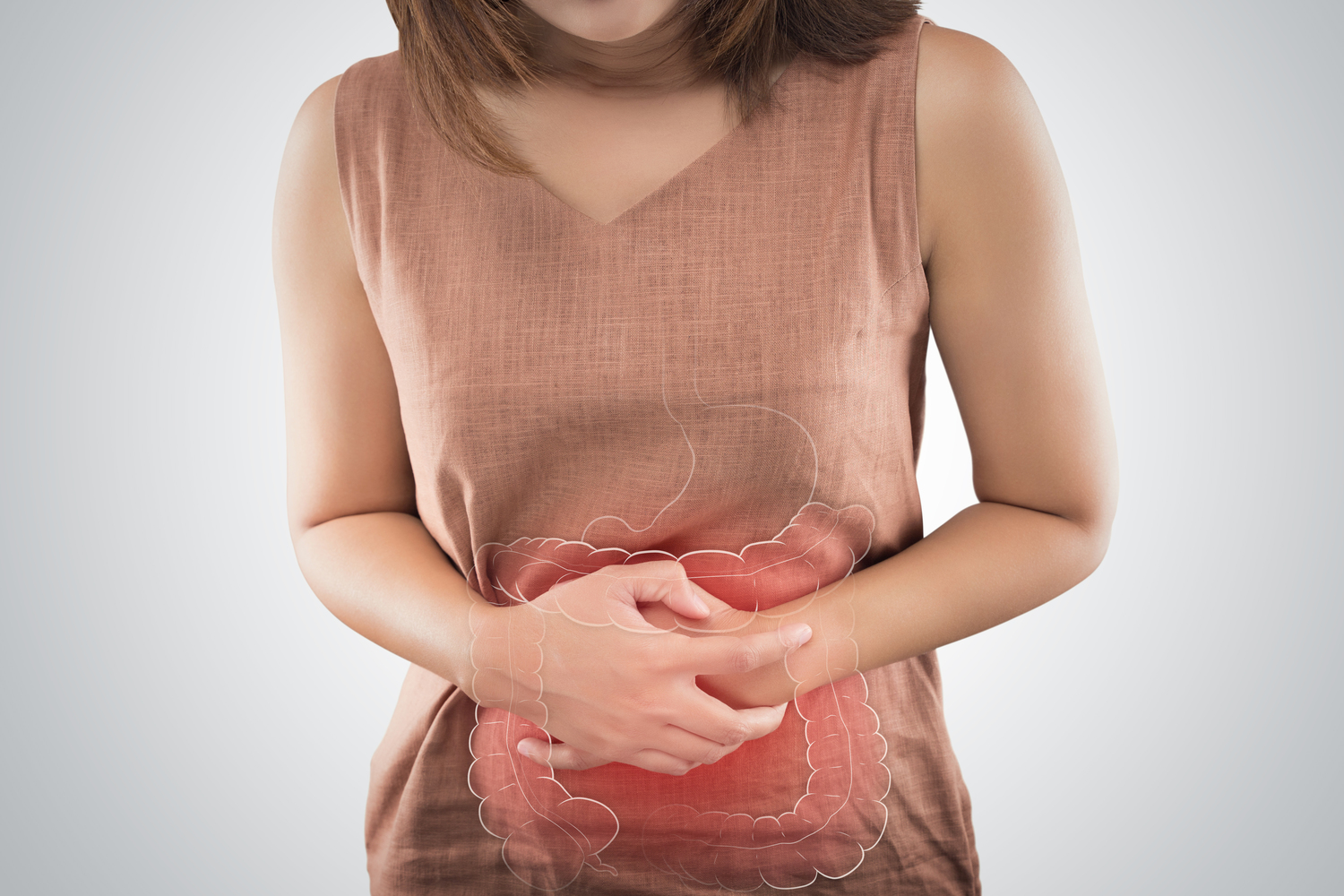6 Common Digestive Problems You Need to Know
This article explores six common digestive health issues, offering insights into symptoms, causes, and management strategies. It emphasizes the importance of lifestyle and dietary modifications for effective prevention and treatment of conditions like GERD, IBS, ulcerative colitis, Crohn’s disease, celiac disease, and diverticulitis. Readers gain a better understanding of these prevalent disorders, empowering them to seek timely medical help and improve their digestive health.

Good digestive health is vital for overall wellness. Conditions like GERD and other gastrointestinal issues can significantly affect daily life. Recognizing these common problems enables early intervention and effective management. Maintaining an active lifestyle and a balanced diet are key preventive strategies. Here are six widespread digestive conditions impacting millions globally.
Gastroesophageal Reflux Disease (GERD)
GERD involves frequent acid reflux into the esophagus, leading to discomfort. It often results from a weakened lower esophageal sphincter. Symptoms include heartburn, indigestion, bad breath, difficulty swallowing, and sometimes respiratory problems. Factors such as excess weight, caffeine, spicy foods, and chocolates can worsen GERD. Treatment typically includes medications and lifestyle modifications. Persistent symptoms should be evaluated by a healthcare provider to prevent complications like esophageal damage.
Irritable Bowel Syndrome (IBS)
Over 40 million people suffer from IBS, especially teens to middle-aged adults. Common signs are stomach pain, bloating, constipation, diarrhea, headaches, food sensitivities, and mental health issues like anxiety. Managing IBS involves dietary adjustments, stress management, and lifestyle changes.
Ulcerative Colitis
This inflammatory condition causes ulcers and inflammation in the large intestine lining. Symptoms include abdominal cramps, urgent bowel movements, fever, weight loss, joint pain, and dehydration. Treatment focuses on reducing inflammation and promoting healing through proper nutrition with lean proteins, fiber, fruits, and vegetables. Symptoms may recur even during remission phases.
Crohn’s Disease
Affecting over 3 million individuals, Crohn’s can affect any part of the digestive tract. It presents with severe abdominal pain, diarrhea, and weight loss. Risk factors include processed foods, smoking, and high red meat intake. It is more common in countries like the US, UK, and Australia. Managing Crohn’s involves dietary control and avoiding triggers.
Celiac Disease
An autoimmune reaction to gluten causes symptoms such as abdominal pain, bloating, diarrhea, skin rashes, mouth ulcers, and fatigue. It hampers nutrient absorption and affects bone health. A strict gluten-free diet with fruits, vegetables, meat, and poultry is essential for relief.
Diverticulitis
Inflammation of colon pouches called diverticula results in pain, nausea, vomiting, gas, and sometimes blood in stool. Initial treatment includes a liquid diet, progressing to soft foods to reduce inflammation and support healing.
Disclaimer: This content is for informational purposes only and should not replace professional medical advice. Consult a healthcare provider for diagnosis and treatment options.


